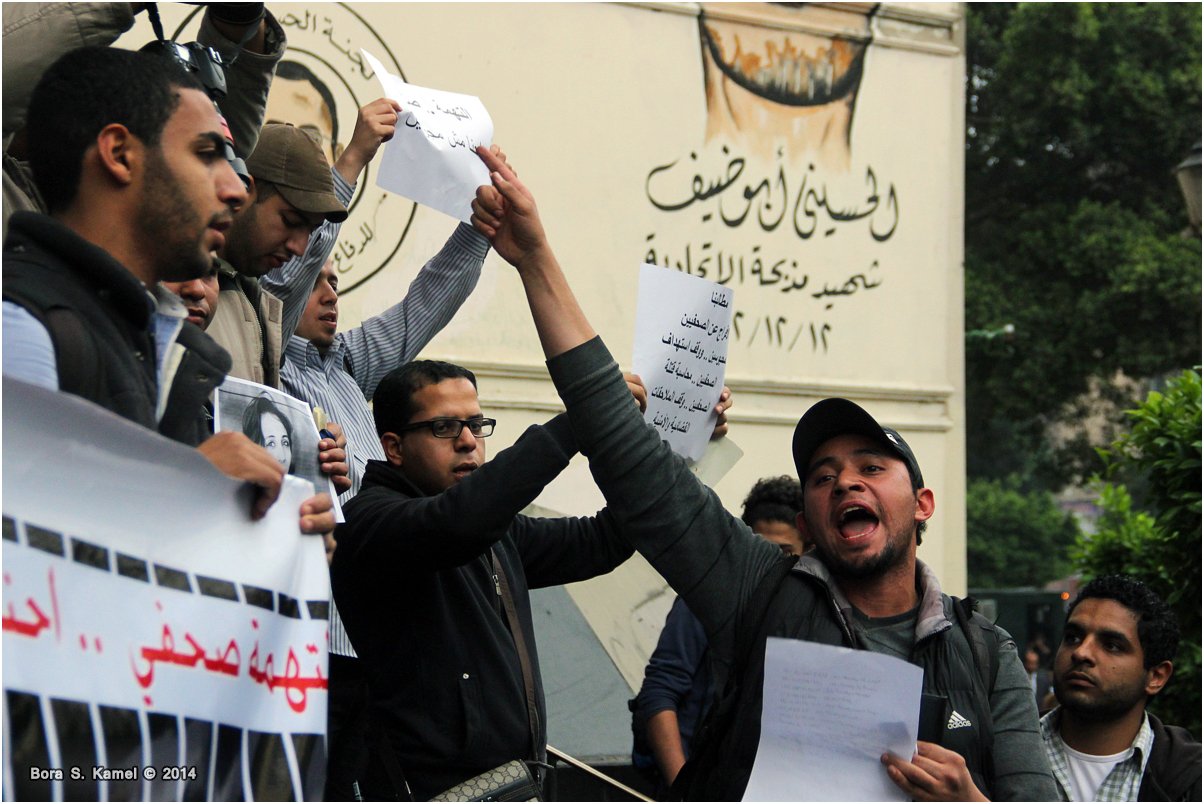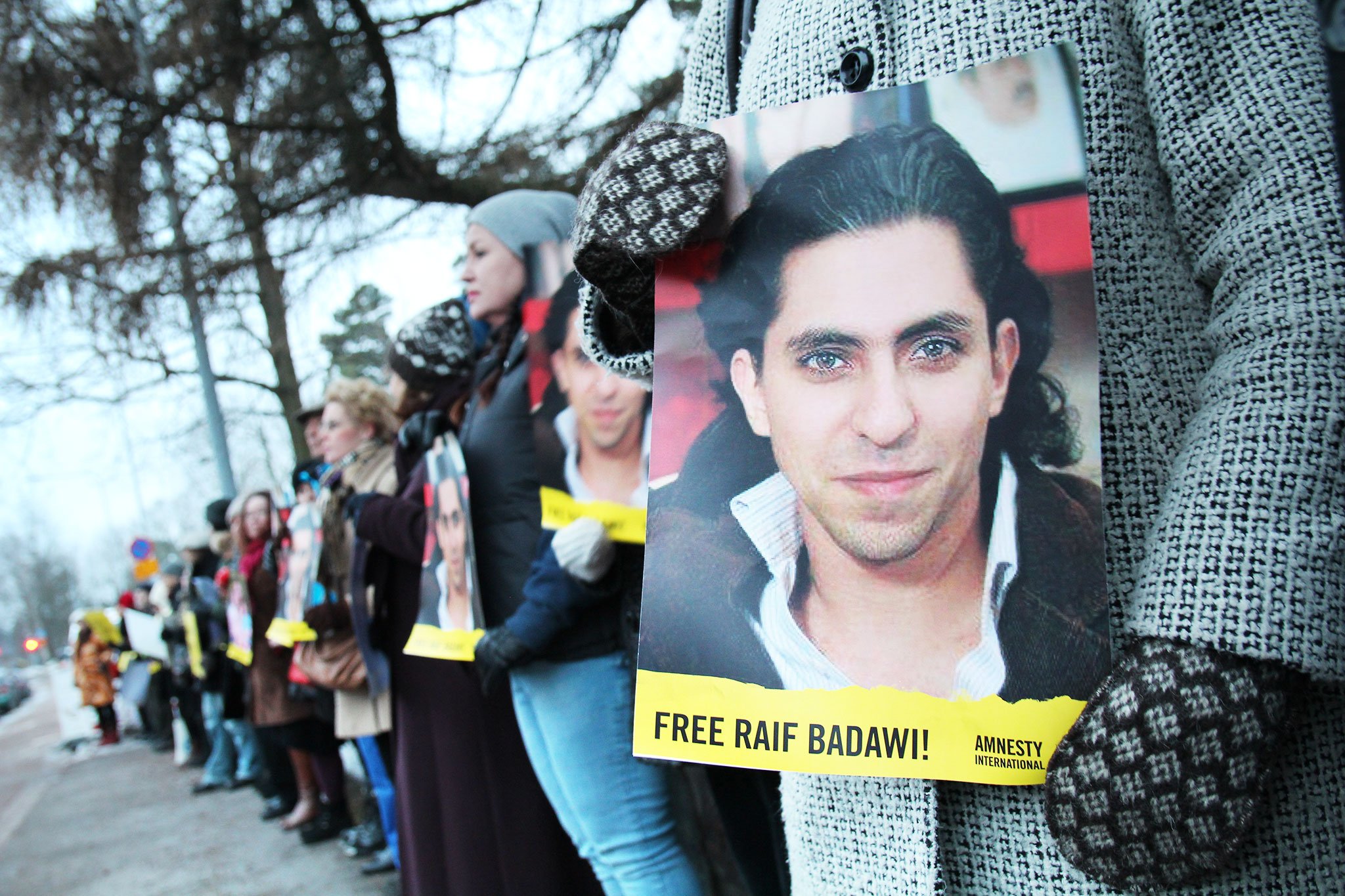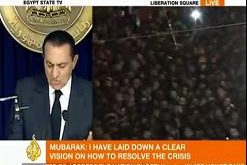In an effort to elucidate the legal structures governing the media in Egypt, as well as the country's declared obligations according to international law, Mostafa Shaat offers a breakdown of the existing frameworks, highlighting inconsistencies between the legal concept of freedom of the press as delineated in international law and Egypt's national laws. He further discusses some of the current reform efforts underway.
Read More »Media Privatization and the Fate of Social Democracy in Egypt
Nour Halabi asks why the social democratic aims of the January 2011 Revolution have not been advanced in the four years since. Halabi posits that private media ownership structures established during Mubarak's neoliberal economic reform initiative are largely to blame, arguing that despite the popular demands for social justice, the structure of Egyptian commercialized media inhibited the translation of social justice demands into discussions of economic policy.
Read More »Why Egypt needs an Audiovisual Translation Authority
Muhammad Y Gamal makes a compelling case for the establishment of an Egyptian Audiovisual Translation Authority. Laying out a short history of translation in Egypt, Gamal argues that the country has not laid the groundwork to keep up with changing modalities of translation and communication in the information age. This, he argues, is critical for the proper development of several sectors, including education, tourism, entertainment and foreign affairs.
Read More »Cases of Contention: Activism, Social Media and Law in Saudi Arabia
In a systematic examination of Saudi law, Lara-Zuzan Golesorkhi explores how the Kingdom has justified its crackdown on activists and dissenters on social media. Golesorkhi investigates how these laws have been applied in the cases of nine different activists in the last four years. Mapping their trajectories alongside the language enshrined into Saudi law, this article offers valuable insight into why and how these actions have been taken by the Kingdom.
Read More »Audiovisual Translation in the Arab World (v 0.4): Mapping the Field
As part of an ongoing body of literature on audiovisual translation in the Arab World, Muhammad Y Gamal examines barriers to localization in an increasingly digital world. Gamal posits that closing the regional gap and developing local expertise requires a multi-pronged approach, targeting both pedagogy and practice.
Read More »The Arab Spring and the discourse of desperation
El Mustapha Lahlali takes a close look at the rhetorical devices by which both Ben Ali and Mubarak tried to retain power when they addressed their nations at critical junctures during the Tunisian and Egyptian uprisings.
Read More »Hamas TV: Palestinian Media in Transition
In late January 2006, the Fatah-controlled Palestinian government announced the closure of Hamas’ new Al Aqsa television network. The station’s demise after only a few weeks on air came as no surprise to those familiar with the tug-of-war that is Palestinian politics. Named in honor of the famous Jerusalem mosque …
Read More »Libya: A New El Dorado? Not for its Media
Tripoli, LIBYA—Libyan borders are now open and foreign investments are quickly pouring into this oil-rich north-African country. Since the embargo was lifted almost two years ago, pipelines are being extended and new businesses are being set up every day. It would be nice to think that such a rapid economic …
Read More »Whose Voice? Nasser, the Arabs, and ‘Sawt al-Arab’ Radio
On July 4, 1953, Cairo Radio first broadcast a half-hour radio programme called The Voice of the Arabs. It included a short statement by the ostensible leader of Egypt’s recent July Revolution, General Mohammed Naguib, garnished with a great deal of anti-colonialist rhetoric.(1) The new programme was perfectly timed to take …
Read More »SMS: The Next TV Revolution
Arab television has reached a new milestone. Now that the satellite revolution has “liberated” the airwaves from the grip of state control, business and technology have come together once again to stimulate change in the Middle East. Just as Arab regimes have come under political pressure thanks to the emergence …
Read More » Arab Media & Society The Arab Media Hub
Arab Media & Society The Arab Media Hub






